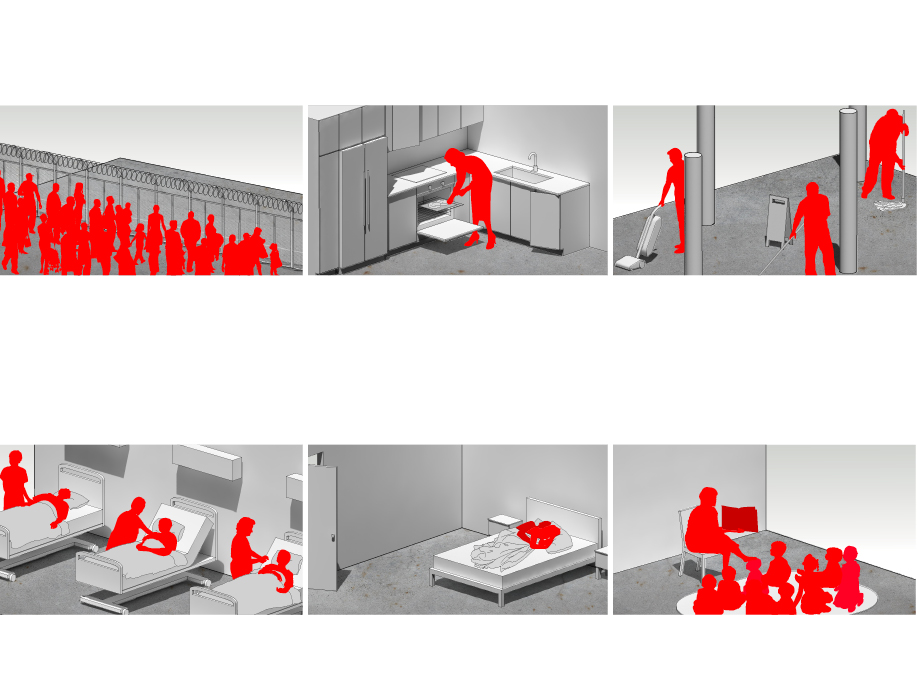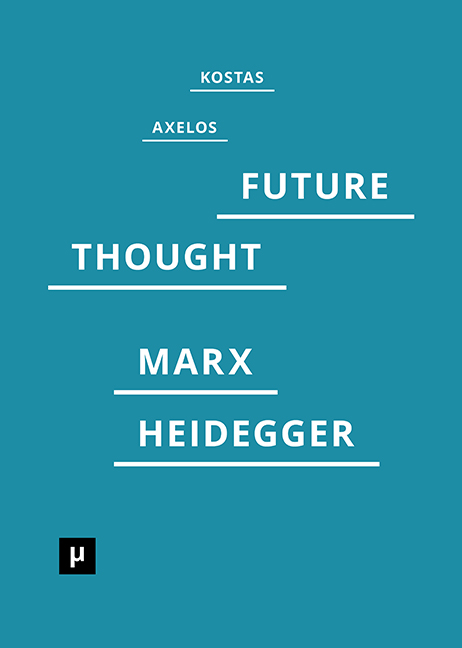Continent. 5(2): The Technosphere, Now (2016)
Filed under journal | Tags: · agency, anthropocene, biopshere, body, complexity, earth, ecology, food, human, infrastructure, media, nature, production, systems theory, technology, technosphere, waste, water

“The “technosphere” is geologist Peter Haff’s term for the planetary-scale networks of transport, information, energy and media operating at a scale and functional efficacy that we can now compare with geological and climatic forces—the soils and rocks of the lithosphere, the waters of the hydrosphere or the winds of the atmosphere. Its emergence as a thematic is driven by the same witnessing of intertwining natural environments, vast socio-technical forces, and increasingly diverse technological species and spaces that has precipitated discussions of the Anthropocene.
[…] The Technosphere project at the HKW in Berlin (2015-18) began with an initial gathering in Autumn 2015. The first occasion for the ongoing collaboration between continent. and HKW was the latter’s hosting of The Technosphere, Now event in October, 2015 in Berlin. Editors from continent. came from various corners of the globe, invited to immerse themselves into and extrapolate from the talks, discussions, presentations and demonstrations held there. Interview-discussions held with the likewise international set of researchers, theorists, artists and scientists at this event precipitated an online special issue of continent. for April 2016, featuring articles titled by the names of our interviewees.”
Features interviews with Arno Rosemarin, Birgit Schneider, Bronislaw Szerszynski, Donald MacKenzie, Erich Hörl, Jennifer Gabrys, Lino Camprubí, Lucy A. Suchman, Mark Hansen, Masahiro Terada, Mushon Zer-Aviv, Oliver Sann, Peter K. Haff, S. Løchlann Jain, and Scott Gabriel Knowles.
Edited by Nina Jäger, Paul Boshears, Bernhard Garnicnig, Jamie Allen, Lital Khaikin, Katrin Klingan, Anna Sophie Luhn, Christoph Rosol, and Nick Hood
Publisher continent., Apr 2016
Creative Commons Attribution 3.0 License
ISSN 2159-9920
Viewpoint Magazine, 5: Social Reproduction (2015)
Filed under magazine | Tags: · capitalism, labour, life, political economy, politics, production, society, work

“Today, amidst a changed political and class landscape, strategy should take precedence over fidelity to the received canon. The activities of social reproduction remain the field of powerful class antagonisms.”
The issue includes 30 articles.
Edited by Asad Haider and Salar Mohandesi
Published November 2015
Creative Commons BY-NC License
Kostas Axelos: Introduction to a Future Way of Thought: On Marx and Heidegger (1966/2015)
Filed under book | Tags: · earth, labour, philosophy, philosophy of technology, production, technology

“‘Technologists only change the world in various ways in generalized indifference; the point is to think the world and interpret the changes in its unfathomability, to perceive and experience the difference binding being to the nothing.’
Anticipating the age of planetary technology Kostas Axelos, a Greek-French philosopher, approaches the technological question in this book, first published in 1966, by connecting the thought of Karl Marx and Martin Heidegger. Marx famously declared that philosophers had only interpreted the world, but the point was to change it. Heidegger on his part stressed that our modern malaise was due to the forgetting of being, for which he thought technological questions were central. Following from his study of Marx as a thinker of technology, and foreseeing debates about globalization, Axelos recognizes that technology now determines the world. Providing an introduction to some of his major themes, including the play of the world, Axelos asks if planetary technology requires a new, a future way of thought which in itself is planetary.”
First published as Einführung in ein künftiges Denken: Über Marx und Heidegger, Niemeyer, Tübingen, 1966.
Edited and with an Introduction by Stuart Elden
Translated by Kenneth Mills
Publisher meson press, Lüneburg, June 2015
Creative Commons BY-NC-ND 4.0 License
ISBN 9783957960061
178 pages
Review: George Tomlinson (Marx & Philosophy 2016).
Comment (1)
